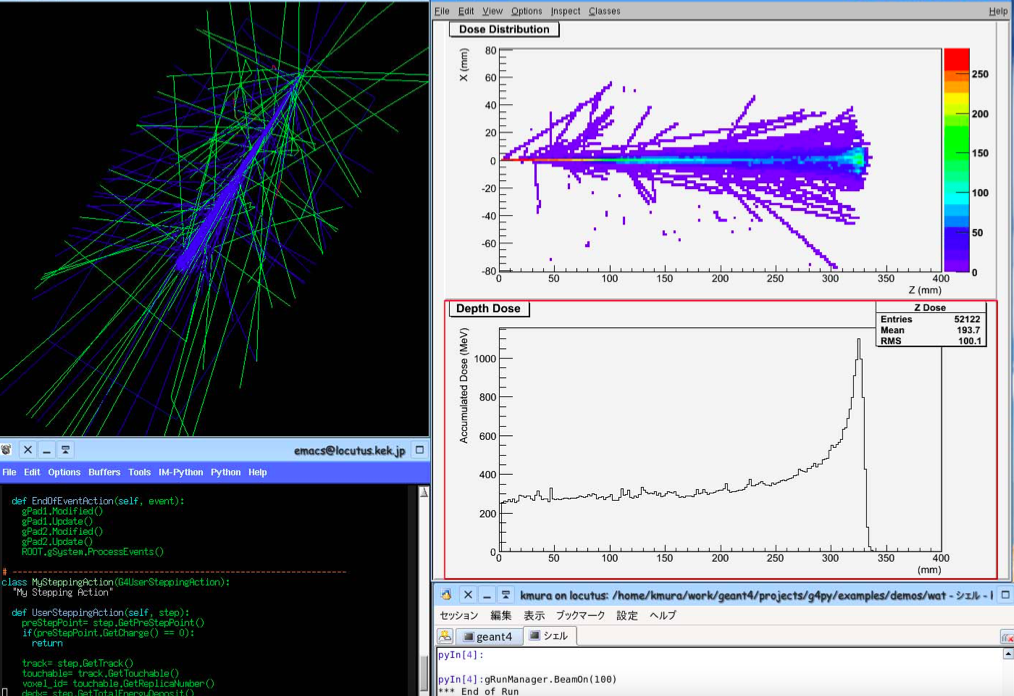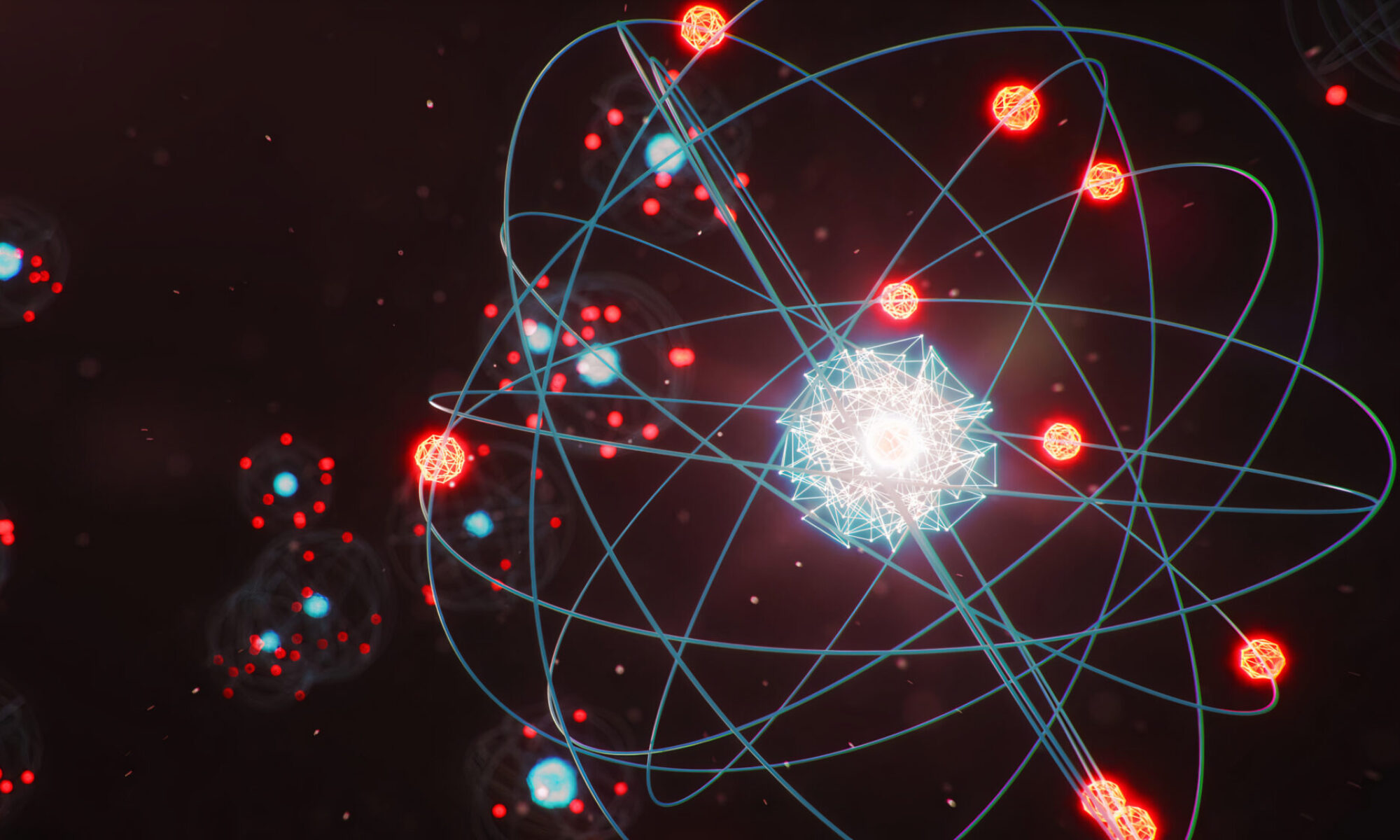Hello! Welcome everybody, these are the internships of the NUC-RIA (Nuclear Reactions, Instrumentation and Astrophysics Group of LIP), the application’s deadline is the 26th of May 2023 so hurry up and apply here: https://www.lip.pt/training/internship-program/
If you have any questions about the internships, contact directly the internship supervisor, indicated in each internship or nucria@lip.pt.
TOPAS Automator
Creating a TOPAS Automator with Python means building a fantastic program that helps researchers run simulations more easily.
TOPAS is a powerful tool for studying how particles like protons, electrons, and neutrons move through different materials like tissues, organs, and detectors. However, manually setting up and running simulations can take a long time. With a TOPAS Automator, researchers can give the program some instructions and let it do the hard work, like creating input files, running the simulations, and analysing the results.
This program can save researchers time and energy and help them study medical physics, radiation therapy, and nuclear engineering.
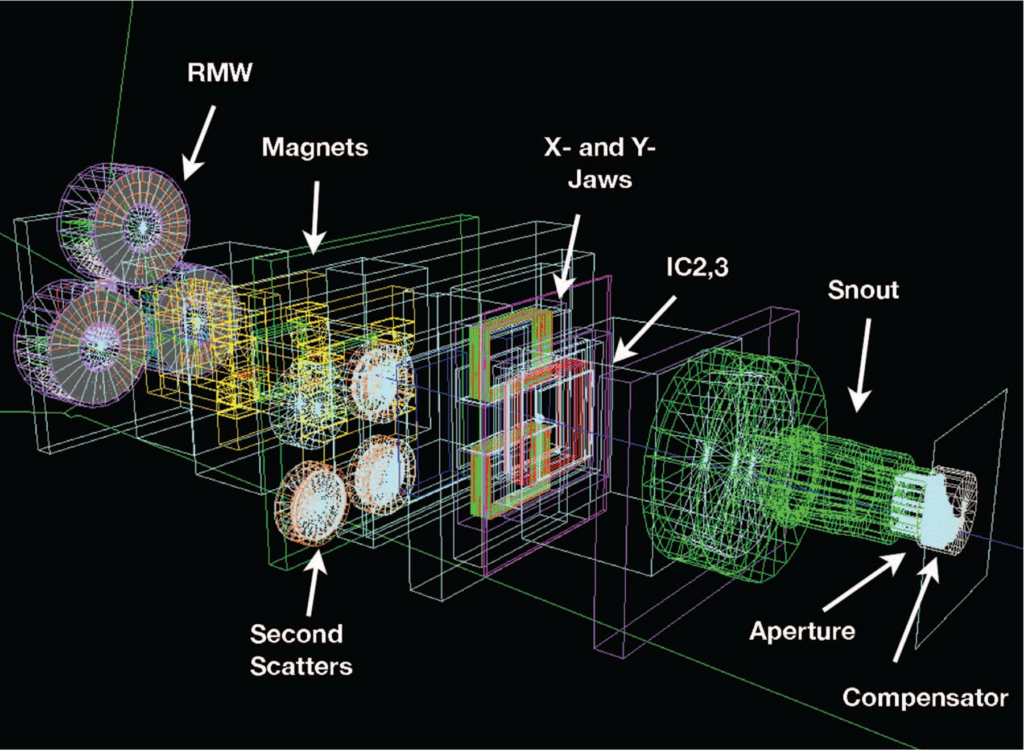
- Supervisors: Carolina Felgueiras and Daniel Galaviz
- Duration: 2 months
- Dates available: 01/07 – 06/08 until 21/08 – 08/09
- Maximum number of trainees: 1
- Contact: ccfelgueiras@lip.pt
Only students who like physics and programming should choose this topic.
Portable muon detection system with a scintillator – PMT based setup
This internship is intended for candidates in the area of physics or engineering physics from the 3rd year or masters.
If you open your hand, you’ll get around 400 highly energetic muons per minute. Emerging technology like muon tomography or radiography have gained a lot of traction and the use of this particle for engineering purposes is becoming more prominent.
This internship focuses on the construction of a portable muon detection system that allows for the measurement of muon flux, angle, and energy at different altitudes.
This work includes simulations with TOPAS and Geant4, as well as instrumentation work.
- Supervisors: Tomás Sousa, Diogo Miguel and Daniel Galaviz
- Duration: 2 months
- Dates available: 01/07 – 06/08 until 21/08 – 08/09
- Maximum number of trainees: 1
- Contact: tsousa@lip.pt
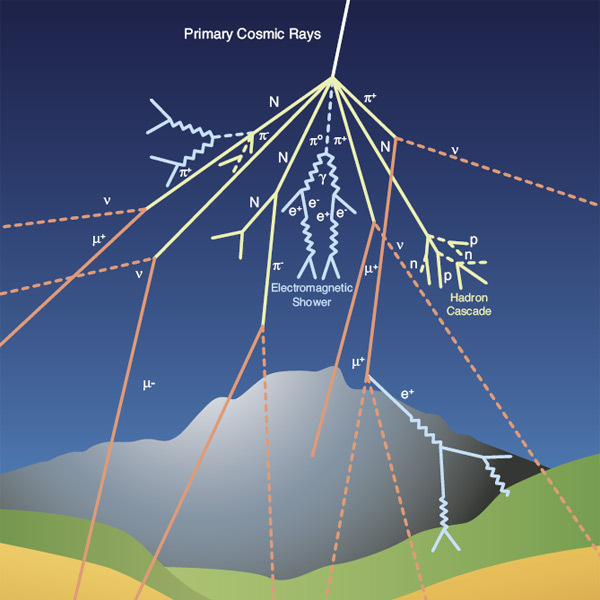
Target Production
Every nuclear physics experiment needs a target! The Target Group offers an internship of the preparation of targets using thermal evaporation at the evaporator laboratory situated at FCUL.
Important target aspects are properties like thickness, mechanical stability and composition. The produced targets will be characterized using alpha particle E-loss transmission and/or Rutherford Backscattering Spectrometry techniques. The experimental results from the characterization will be compared to simulation codes.
The internship has a duration of two months.

- Supervisors: Pamela Teubig, Ricardo Pires, Raquel Nunes and Margarida Paulino
- Duration: 2 months
- Dates available: 01/07 – 06/08 until 21/08 – 08/09
- Maximum number of trainees: 1
- Contact: pteubig@lip.pt
AI for characterization of thin films using RBS
A student from physics or engineering physics that really likes to program and enjoys hands-on work.
For those interested in applying deep learning techniques to the field of materials science, an internship utilizing Artificial Intelligence (AI) presents an excellent opportunity.
One of the methods employed for thin film characterization is Rutherford Backscattering Spectrometry (RBS), a potent analytical tool that lies in the detection of back-scattered ions from a sample surface, enabling researchers to investigate material composition and properties. However, analyzing RBS data can be a laborious and time-consuming process. The use of AI models can automate this process and make it useful for experimental scenarios.
Our group produces thin film targets at the evaporator facility, which are utilized for nuclear physics experiments worldwide. This internship will provide hands-on experience in designing and implementing AI models and, in addition, explore material analysis techniques. Upon completion, you will have developed essential skills and knowledge in the fields of materials science and machine learning, enabling you to contribute to cutting-edge research in this exciting area.
- Supervisors: Tomás Sousa, Francisco G. Barba and Ricardo Pires
- Duration: 2 months
- Dates available: 01/07 – 06/08 until 21/08 – 08/09
- Maximum number of trainees: 1
- Contact: tsousa@lip.pt
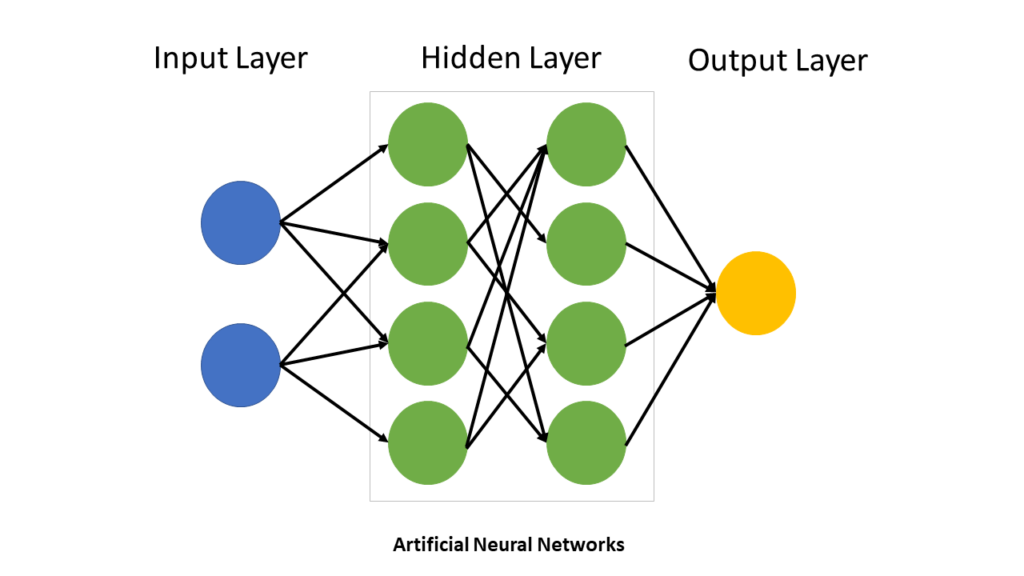
Biophysical Modelling of the Ionizing Radiation Influence on Cells
Living organisms are complex systems characterized by an unpredictable behaviour. However, using appropriate methods, it is possible to create models that can provide a good approximation to reality.
The way human cells respond to ionizing radiation continues to be of significant research interest, and therefore this internship will be focused on the biophysical modelling of the cellular damages induced by ionizing radiation.
The work will be developed using TOPAS, an advanced Monte Carlo simulation code that extends the Geant4 Simulation Toolkit to describe interactions of primary particles, secondary particles, and radiolysis products within the cell.

- Supervisors: Carina Coelho and Pamela Teubig
- Duration: 2 months
- Dates available: 01/07 – 06/08 until 21/08 – 08/09
- Maximum number of trainees: 1
- Contact: cmcoelho@lip.pt
Identifying relevant reactions for Nuclear Astrophysics
The origin of all the chemical elements in the Universe is a fundamental study of Nuclear Astrophysics. To understand how the elements are formed in stars, nuclear reaction experiments are performed in dedicated facilities using particle accelerators.The feasibility of these experiments depends on technical factors as well as nuclear physics factors.
This internship will aim to identify relevant reactions for Nuclear Astrophysics that can be performed in facilities used by NUC-RIA. You will learn the key features of nuclear reactions, benchmark previously performed reactions, compare different nuclear models that need to be verified and select reactions to be performed in the future. With this internship, not only will you have the opportunity to gain skills in Python and Linux by performing different calculations to study the characteristics of a reaction but also deepen your knowledge about Nuclear Physics, shredding some light on what the future experiments must be!
- Supervisors: Margarida Paulino, Francisco G. Barba and Daniel Galaviz
- Duration: 2 months
- Dates available: 01/07 – 06/08 until 21/08 – 08/09
- Maximum number of trainees: 1
- Contact: fgbarba@lip.pt
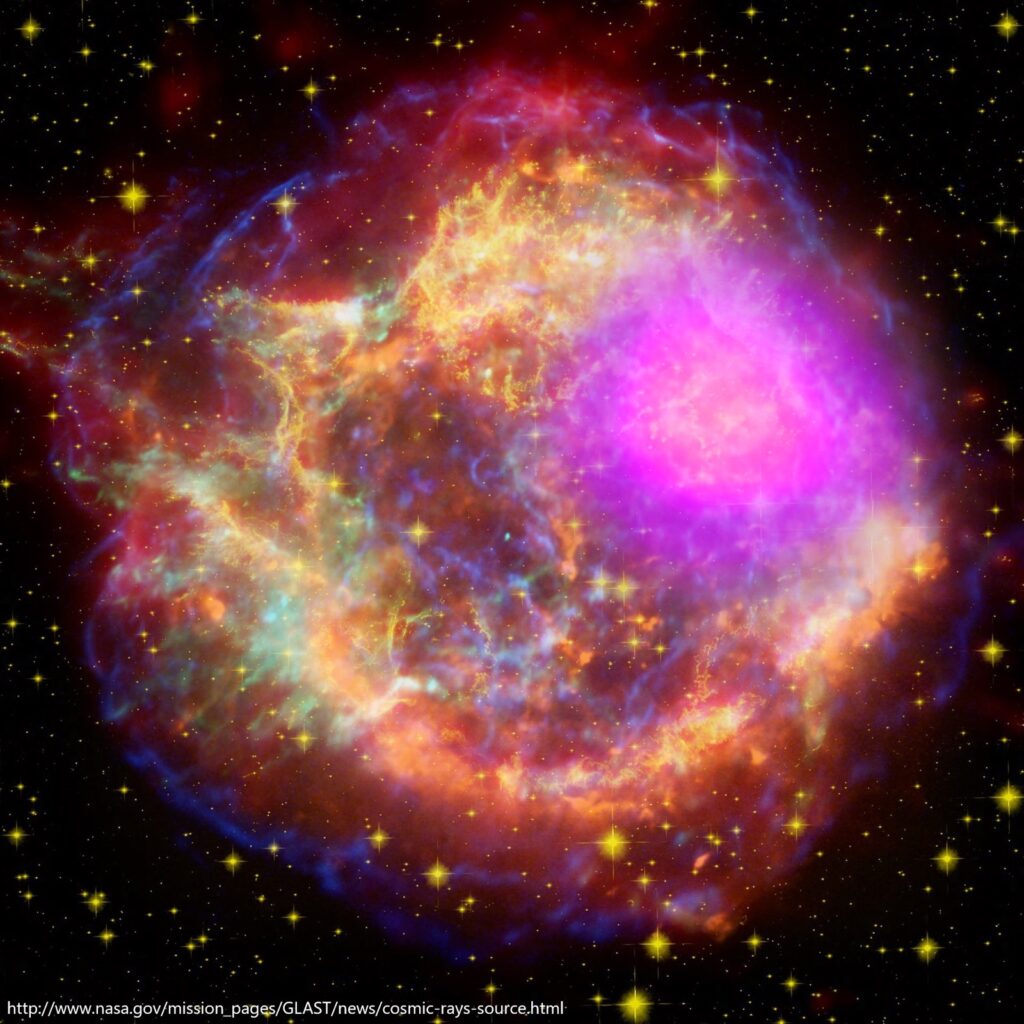
Gamma spectroscopy of radioactive nuclei
Do you like experimental nuclear physics, but think that an internship is too short to make any experiment and would like to put already your hands on data? Would you like to learn more about data analysis with tools like ROOT? Then this is your internship!
In this context, you will work on the analysis of data measured in reactions on a 31S radioactive ion beam at relativistic energies. Breakup reactions induced by a CH2 target are connected to the emission of photons, boosted by the Doppler effect due to the high velocity of the remaining nucleus. The reconstruction and analysis of photons measured with High Purity Germanium detectors, in coincidence with other charged particle systems, will be the core of the analysis.
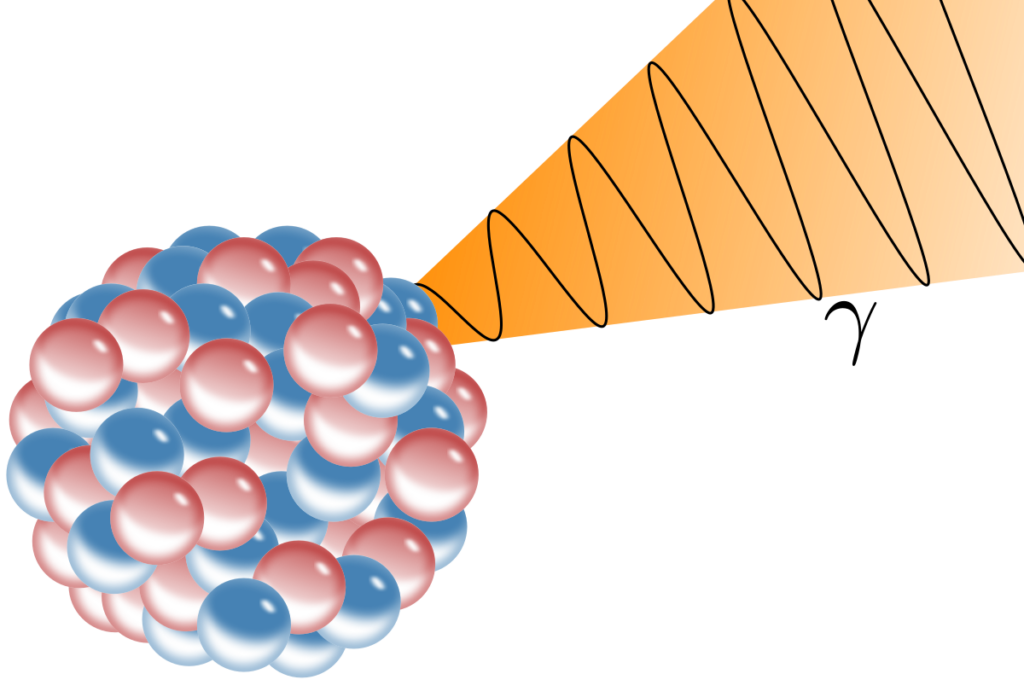
- Supervisors: Daniel Galaviz and Pamela Teubig
- Duration: 2 months
- Dates available: 01/07 – 06/08 until 21/08 – 08/09
- Maximum number of trainees: 1
- Contact: galaviz@lip.pt
Some knowledge on basic nuclear concepts is desirable, although not fully necessary.
Elastic scattering off radioactive nuclei at relativistic energies
Do you like experimental nuclear physics, but think that an internship is too short to make any experiment and would like to put already your hands on data? Would you like to learn more about data analysis with tools like ROOT? Then this is your internship!
In this context, you will work on the analysis of data measured in reactions on light stable and radioactive ion beams at relativistic energies. Elastic scattering reactions induced by CH2, C and Pb targets were performed at the GSI/FAIR laboratory in Darmstadt (Germany). The analysis of the elastic scattering channel are connected to the emission of photons, boosted by the Doppler effect due to the high velocity of the remaining nucleus. The reconstruction and analysis of photons measured with High Purity Germanium detectors, in coincidence with other charged particle systems, will be the core of the analysis.
- Supervisors: Daniel Galaviz, Manuel Xarepe and Diogo Miguel
- Duration: 2 months
- Dates available: 01/07 – 06/08 until 21/08 – 08/09
- Maximum number of trainees: 1
- Contact: galaviz@lip.pt

Some knowledge on basic nuclear concepts is desirable, although not fully necessary.
Radiobiological phantom characterization
The irradiation of any biological system generates a succession of processes, and their effects are the main concern in any radiobiological study. To perform experiments on in vitro biological models, it is important to create a system that allows us to perform the desired measures and that is also reproducible, easy to assemble and fast to set up.
A phantom for the irradiation of cells at radiotherapy facilities was designed and needs to be characterized. This internship will focus on the validation of the phantom using Monte Carlo simulations and resourcing to TOPAS, a Geant4-based Monte Carlo tool.
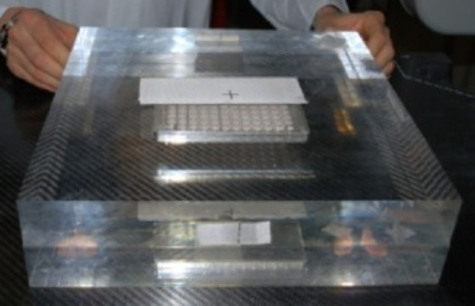
- Supervisors: Carina Coelho and Pamela Teubig
- Duration: 2 months
- Dates available: 01/07 – 06/08 until 21/08 – 08/09
- Maximum number of trainees: 1
- Contact: cmcoelho@lip.pt
AI for characterization of thin films
A student from physics or engineering physics that really likes to program and enjoys hands-on work.
For those interested in applying deep learning techniques to the field of materials science, an internship utilizing Artificial Intelligence (AI) presents an excellent opportunity. Alpha Energy Loss (AEL) is one of the methods employed for thin film characterization, a potent analytical tool that enables researchers to investigate material composition and properties by detecting the energy loss of alpha particles as they pass through a sample. However, analyzing AEL data can be a laborious and time-consuming process. The use of AI models can automate this process and make it useful for experimental scenarios.
Our group produces thin film targets at the evaporator facility, which are utilized for nuclear physics experiments worldwide. This internship will provide hands-on experience in designing and implementing AI models and exploring material analysis techniques, specifically in AEL. Upon completion, you will have developed essential skills and knowledge in the fields of materials science and machine learning, enabling you to contribute to cutting-edge research in this exciting area.
- Supervisors: Raquel Nunes, Pamela Teubig and Tomás Sousa
- Duration: 2 months
- Dates available: 01/07 – 06/08 until 21/08 – 08/09
- Maximum number of trainees: 1
- Contact: pteubig@lip.pt

Developing a GUI for thin film characterization
If you’re a student looking to learn more about the experimental ways in nuclear physics, then come join a very fun group during the summer and contribute to create a tool that will improve our process of work whilst developing thin films!
Our target engineering group is developing and producing targets used in national and international facilities worldwide. The characterization of these targets prior to their use in experimental campaigns is of vital importance for the scientific outcome. The trainee will get experience in material characterization and developing an easy-to-use GUI that will run a Python script automating the process of determining the thickness of the target. Furthermore, time permitting the simulation of the set-up using Geant4 or TOPAS will be included.
- Supervisors: Raquel Nunes, Pamela Teubig and Tomás Sousa
- Duration: 2 months
- Dates available: 01/07 – 06/08 until 21/08 – 08/09
- Maximum number of trainees: 1
- Contact: pteubig@lip.pt
